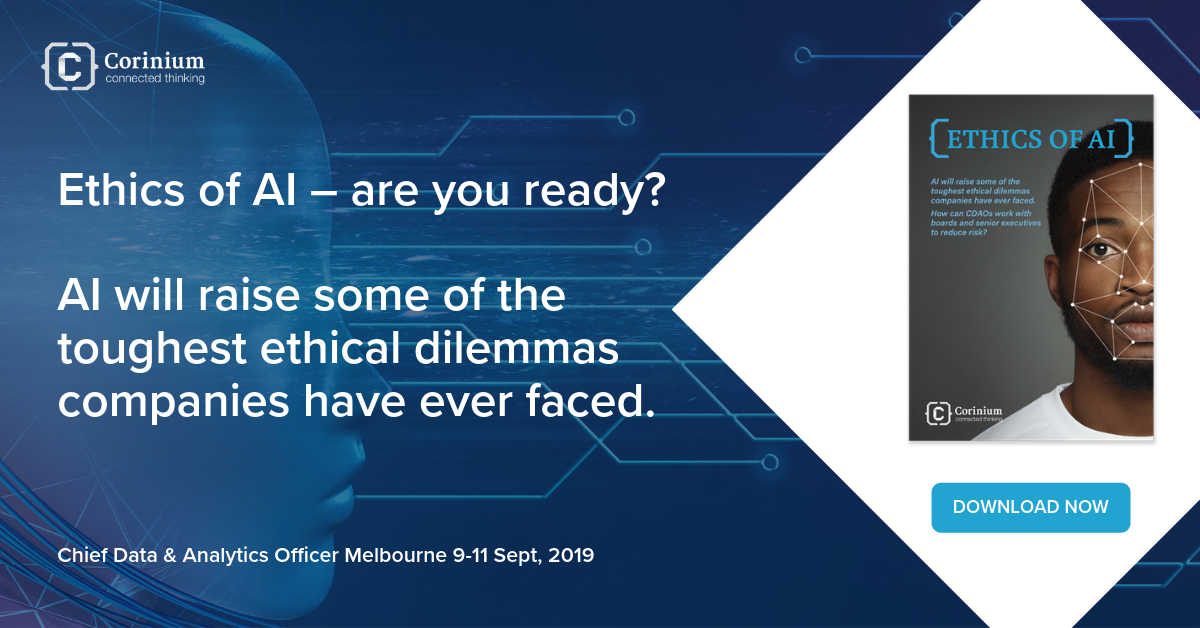Ahead of the Chief Data & Analytics Officer (CDAO) New Zealand, we caught up with Kari Jones, Data Science Manager at Air New Zealand to discuss the ways in which organisations can ensure progression in their analytics strategy, the key considerations for leveraging AI and ML to improve customer engagement strategies as well as the impact that AI and ML has had on organisations.
It seems like everywhere we look, machine Learning and AI are changing the world, how can companies best incorporate it to their Data infrastructure?
The fundamental premise of garbage in garbage out has not changed. Data quality has never become more important because businesses are starting to hand over decision making to ML models. Previously business people would have over layed their knowledge of the data quality and ensured their decision making compensated for it. If organisations want to leverage ML and put models into production as part of the business process then the data infrastructure needs to include robust data quality processes in the data pipelines.
What steps can an organisation take to progress analytics from descriptive to diagnostic, to predictive and prescriptive?
From an organisational structure perspective it is critical that organisations correctly match up right team skills to the analytics projects. Data scientists with strong expertise in ML and statistical modelling will quickly get frustrated and disillusioned if they are regularly being asked to deliver descriptive projects or to man an analytics rapid response hotline. While there is an appreciation that sometimes there will be descriptive projects to complete, making that the norm will mean the organisation is not getting the most value from their data scientists.
Another important component in moving up the maturity curve is acquiring the expertise of an experienced data engineer. While some ‘full stack’ data scientists may possess deep data engineering skills, it is more than likely that a data scientist will welcome the support of an experienced data engineer that can build reliable and stable data pipelines to feed the models as well as helping data scientists deploy models into a production environment ready to be called by other applications. If organisations do not invest in this skill set it is likely data scientists will quickly get overcome by run and maintain activities.
Another area of consideration is the education of senior business leaders in terms of what goes into a predictive and prescriptive analytics model and what comes out. Shifting business decision making to based on probabilistic models is a critical step if an organisation is going to get value from data science. While many of us almost intuitively understand sports statistics, e.g. the probability of a Beauden Barrett successful kicking a penalty from a particular spot on the field, many leaders are still more than a little confused by probability in business and are too nervous to ask. Which means alongside the data science programme, there needs to be a business leaders educational series as well as communications training for data scientists.
What are the key considerations for leveraging machine learning and AI to improve customer engagement strategies?
General speaking organisations should put themselves in the shoes of their customer when making decisions about to how to use customer data. They need to consider the value exchange and the social licence. That means asking:
- Are we providing significant value to the customer by using their data in this way?
- Is the customer expecting and accepting of us using their data in this way?
- Would we want our data used in this way?
- Would out executive team be happy if we used their data in this way?
- Have we asked permission to use the data in this way?
When using algorithms for decisoning relating to customers it is also incredibly important that organisations review the dataset that algorithms are being trained on and consider any biases in the data set. It is also critical that the decisions made by these algorithms can be explained easily to a customer. This is called algorithmic transparency.
Luckily there are specialists here in New Zealand that help can help organisations evaluate their AI risks and implement frameworks to support ethical AI principals in their organisations.
How quickly should organisations be adopting ML and AI (if they haven’t already), and what is the impact if they don’t follow this trend?
I would absolutely advocate for organisations to explore and map out where ML and other fields of AI could be providing the business with significant productivity gain, a competitive advantage or increased customer value. Ideally organisations will go further than just explore and actually experiment as well as build organisational knowledge and capability. There a some experienced data science consulting firms in New Zealand that have been doing this for a long time that can help get an organisation started.
Once an organization is serious about building an internal capability, it can start to build a data science team however not every organisation will be in a situation to commit to a significant increase in headcount. This is not a quick solution. It can be pretty challenging to both find and bring to together the right skills at the right level of experience to deliver quickly. However if this is route an organisation wants to go down it should absolutely consider hiring at least 1 data engineer for every 2 data scientists.
A slightly faster way to building internal capability is through investing in an automated machine learning platform. There are some truly intuitive solutions available that make predictive modelling accessible to data savvy business people. These are absolutely worth exploring. By using these platforms organisations could build a data science team leveraging the skills that already exist in the organisation under the guidance of an experienced data scientist or external data science mentor.
Otherwise organisations could stick their toe in the water by working with university faculties and programmes to provide real business projects for students at various experience levels to solve. These projects can provide value to both the student and the sponsoring organisation
About:

Kari Jones, Data Science Manager, Air New Zealand








